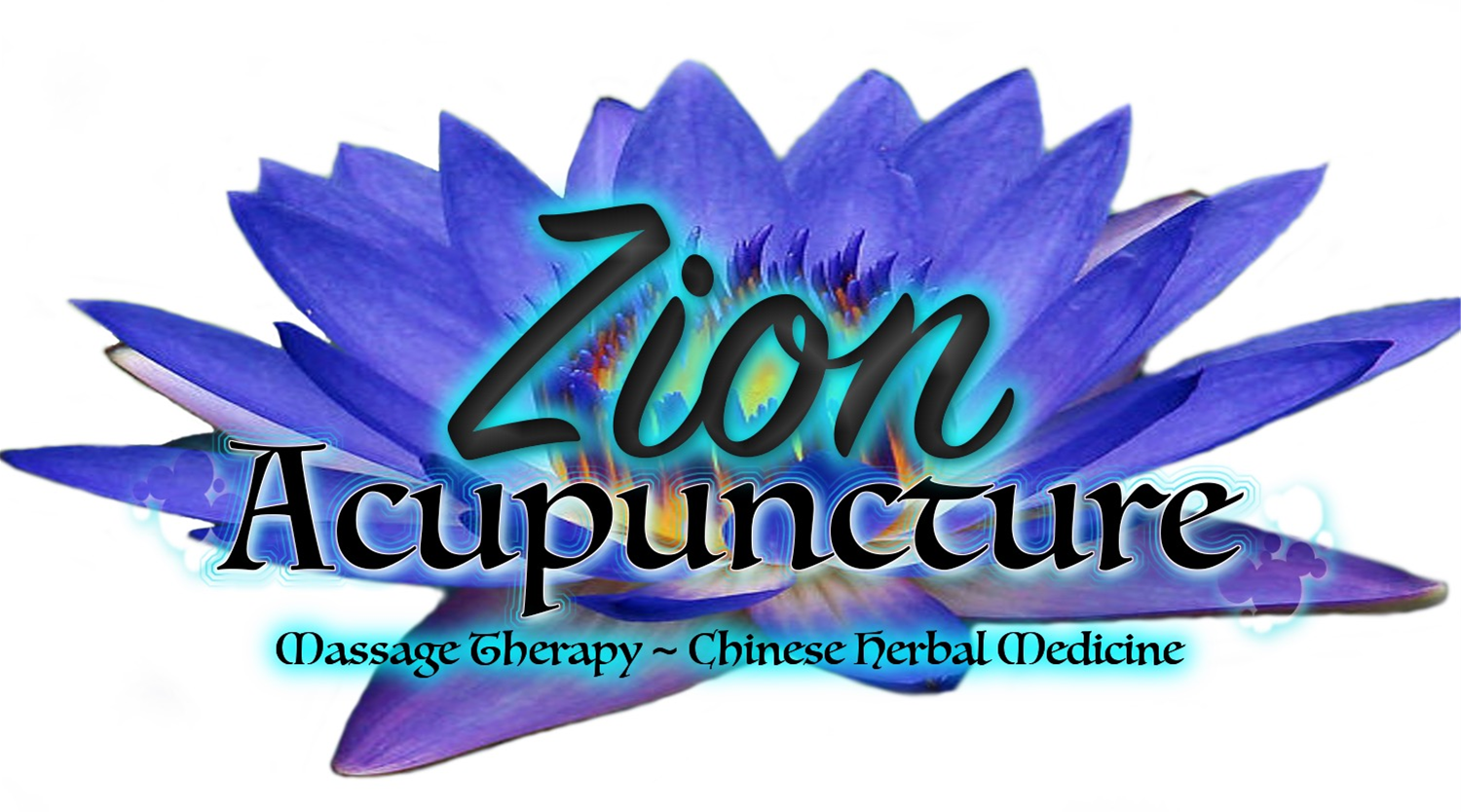Staying Healthy this Winter
School has started and the weather is starting to change. Cold and flu season is approaching fast. Now is a really good time to take good care of yourself so that you may stay healthy this winter. Here are a few good Traditional Chinese Medicine (TCM) tips on staying healthy this season, and what to do if you get sick.
Cover your neck, shoulders and head from the wind and cold. In TCM wind is the “carrier of 100 pathogens” and it likes to invade at the area of C7 (where your neck meets your shoulders). Keeping this area covered is a great first line defense in preventing wind invasion aka common cold. This also applies to fans in the room (especially above the bed) and air conditioning vents that blow directly on you (this goes for the summer also). This is especially relevant if you have a tight neck and shoulders, or get frequent headaches.
Get plenty of rest. In the winter the natural flow of energy is to go within and rest. You can observe nature doing this. The leaves are falling from the trees, plants are retreating underground and animals are preparing to hibernate. We should do the same (as best as we can in our busy society).
Stay warm. This is just general good advice from all cultures. I have heard many people say that it is the pathogen that gets you sick, not the cold. While this may be true, keeping warm and getting plenty of rest is great support for your immune system, and helps keep our defenses up.
Eat appropriately for the season. Nature knows what is best, and it is advisable to eat what is in season. Root veggies will be harvested soon, and most are high in vitamin C, as well as vitamin A, vitamin B, and many antioxidants. These are all very appropriate for soups and stews. It is good to make your own bone broth as well. From a TCM perspective soups and stews are very nourishing and warming, which can be beneficial for most people going into the winter season. In general, cooked food is best and is recommended all year for people with digestive problems. This also includes drinking room temperature water. Adding cold/ice water to your body can make the body work harder by slowing the digestive process.
Acupuncture has been shown to regulate numerous systems in the body. It can improve digestive and respiratory function, regulate hormones and reduce stress. It helps the parasympathetic nervous system regain control of our bodies. This is the “rest and digest” side of the nervous system associated with relaxation and recovery. When everything is functioning correctly your immune system is stronger and your body is more resilient to illness.
Chinese Herbal Medicine can offer assistance as well. There are many herbal formulas directed at regulating the immune system. Huang Qi (Astragalus) is a well known immune tonic. It is usually combined with Bai Zhu (Atraclyodes), and Fang Feng (siler) to make up Yu Ping Feng San, a popular formula for preventing illness. A trained Chinese medicinal herbalist may use this formula as a base formula to address frequent illness. These herbs can be combined with other herbs that are specific to the individual needs of the patient based on TCM diagnosis. A great point to stimulate/rub is Stomach 36 (ST36). It is located on the front side of the leg, about 4 finger widths from the bottom of the kneecap and 1 finger width (to the outside) of the tibia (shin bone)
Avoid Sugar. Much of our immune system is dependent on a healthy gut. Eating too much sugar will disrupt the bacteria balance in the gut by feeding the bad bacteria. This can make it harder for the immune system to do its job.
The above tips should give your body a healthy start in preventing illness. If you do happen to get sick this winter here are some more tips.
Sweat it out. This technique is helpful for common cold, and fever. The moment you start to feel like you are coming down with something it is advisable to drink some hot ginger tea, eat some chicken soup and wrap your self in blankets. This ginger is acrid and warming and will induce sweat. Though the chicken soup is helpful in providing some fluid to sweat out, it is also imperative that you are well hydrated to generate sweat with out harming body fluids. The open pores and sweat provide a direct way for your body to release the bacteria/virus that is causing illness.
Coconut water is an excellent source of hydration if you get dehydrated from a diarrhea illness or sweating too much. It has the same electrolyte balance as our blood plasma, which makes it excellent for recovery from dehydration. Drink this room temperature for easier absorption.
Ginger tea for Stomach flu. In TCM, stomach flu is usually considered a cold type pathogen, so we use warming herbs to treat it. Ginger, as mentioned above, is warming and is great for settling the stomach. Huo Xiang Zheng Qi Gao is also an important herbal formula for treating stomach flu. Ginger, licorice, pinellia, magnolia bark, tangerine peel and patchouli are a few of the herbs contained in this formula.
Peppermint tea for sore throat. A red, sore throat is considered a heat type illness, so we treat it with cooling herbs such as peppermint. Ban Lan Gen is also an amazing herb for sore throat and has strong antiviral properties. It is included in many TCM sore throat remedies.
Avoid dairy, sugar and cold drinks with phlegm producing cough. Dairy and sugar have a sticky quality to them that can create phlegm. It is best to avoid until the cough is resolved. Warm water or warm herbal tea can be helpful in dispersing phlegm, whereas cold temp drinks can further congeal phlegm. To demonstrate this we can think about what water does when it is heated vs chilled. When it is heated it is dispersed into steam (the water molecules are moving faster). When it is chilled it freezes, and lacks movement (the water molecules moving slower).
Acupuncture, as mentioned above is an excellent immune system regulator. It is also effective at reducing fever, regulating the bowels, decreasing nausea, strengthening the lungs, stopping cough/wheezing, and clearing phlegm. Pericardium 6 (PC6) is an excellent point to press on for nausea. It is located on the palm side of the wrist, about 2 inches above the wrist crease in the center of the wrist.
Chinese Herbal Medicine. As well as supporting the immune system there are many herbs with antibacterial and antiviral properties. We carry some amazing tinctures made by Dr. Jake Paul Fratkin, OMD. These tinctures are really strong and extremely helpful for common cold, fever, cough, flu, sore throat and stomach flu. 2 years ago my child got a positive strep throat swab. I put the antibiotics in the freezer and gave him the tonsil/lymph tincture for sore throat. He was significantly better in 2 days. Also of note was the really bad flu season last year. The “clear toxin” tincture worked like a charm for both our family and our patients.
August 27, 2018

